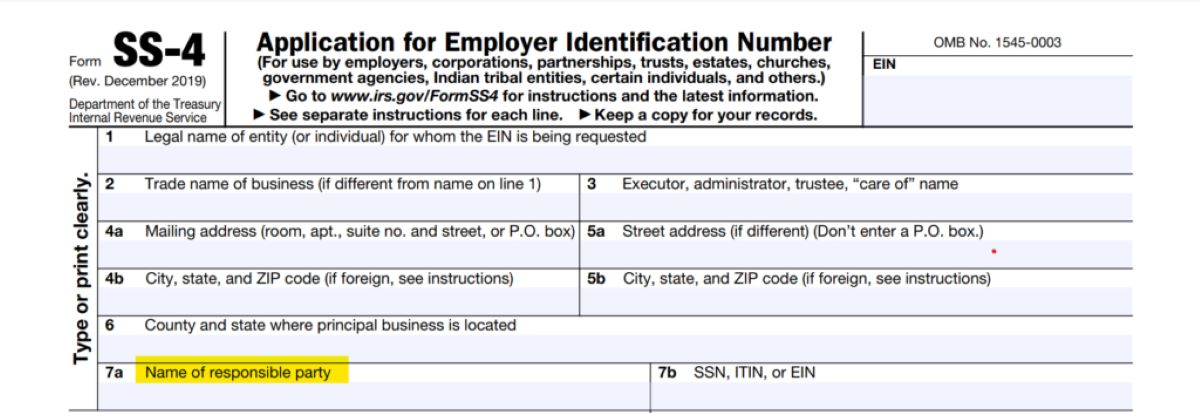

Finance
Unlisted Trading Privileges (UTP) Definition
Published: February 14, 2024
Discover the definition of Unlisted Trading Privileges (UTP) in the world of Finance. Explore how UTP benefits investors and enhances trading opportunities.
(Many of the links in this article redirect to a specific reviewed product. Your purchase of these products through affiliate links helps to generate commission for LiveWell, at no extra cost. Learn more)
Unlocking the Secrets Behind Unlisted Trading Privileges (UTP)
Finance can be a vast and complex world, filled with a myriad of terminology and concepts. One such concept that may pique your interest is Unlisted Trading Privileges (UTP). But what exactly do these privileges entail? In this blog post, we will delve into the fascinating world of UTP, unraveling its definition and shedding light on its importance in the financial landscape.
Key Takeaways:
- Unlisted Trading Privileges (UTP) allows exchange-listed securities to be traded on multiple exchanges.
- UTP provides enhanced market liquidity and fosters competition among exchanges.
At its core, Unlisted Trading Privileges (UTP) refers to the permission granted to an exchange by the Securities and Exchange Commission (SEC) to trade securities that are listed on another exchange. In simpler terms, UTP allows exchange-listed securities to be traded on multiple exchanges simultaneously. This brings us to an important question – why is UTP desirable and what benefits does it offer?
Enhanced market liquidity: UTP plays a crucial role in increasing market liquidity. By allowing multiple exchanges to trade the same securities, it ensures that there is a wider pool of buyers and sellers, thereby increasing trading opportunities and liquidity for market participants. This enhanced liquidity ultimately contributes to more efficient and transparent markets.
Fostering competition: UTP fosters healthy competition among exchanges. When securities listed on one exchange can be traded on another, it encourages exchanges to differentiate themselves by offering competitive pricing, advanced trading features, and improved customer service. This competition incentivizes exchanges to constantly innovate and improve, ultimately benefiting investors and market participants.
Now that we understand the basics of UTP, let’s take a closer look at its effects on the financial landscape. Here are some key points to ponder:
- Increased trading opportunities: With UTP, investors have access to a larger marketplace, providing them with more choices and opportunities to buy and sell securities.
- Efficient price discovery: UTP facilitates efficient price discovery by allowing trading across multiple exchanges. This means that the price of a security is more likely to be reflective of its true market value.
- Regulatory oversight: While UTP fosters competition, it is important to note that the SEC still maintains regulatory oversight over all exchanges involved in UTP. This ensures that market integrity and investor protection are upheld.
In summary, Unlisted Trading Privileges (UTP) is an essential component of the financial landscape. By allowing exchange-listed securities to be traded on multiple exchanges, UTP enhances market liquidity, fosters competition, and provides investors with increased trading opportunities. So, the next time you come across the term UTP, you’ll have a better understanding of its significance in the world of finance.














